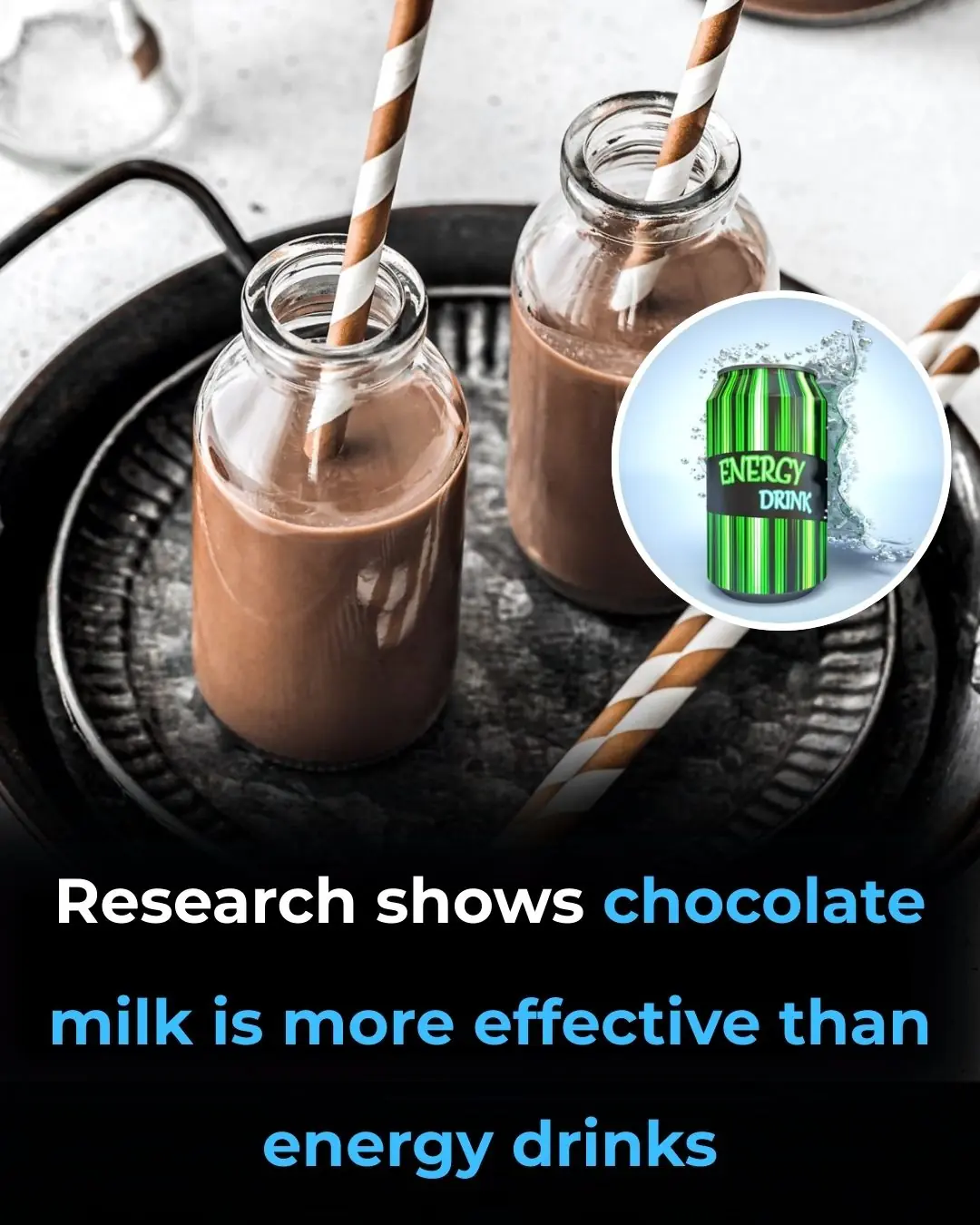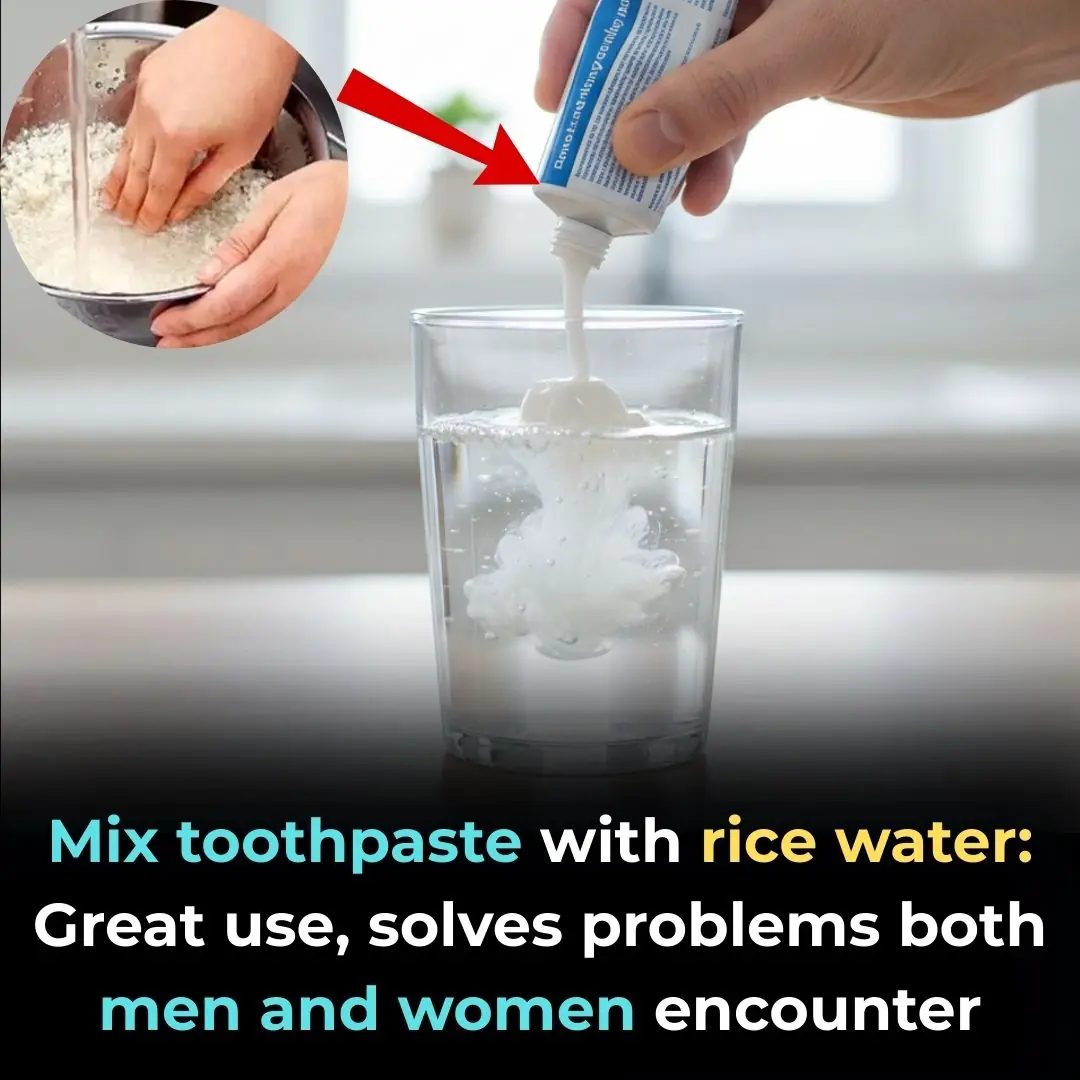
Bananas Are Packed With Nutrients, But These 4 Groups Should Avoid Eating Too Many
Bananas are often praised as a “superfruit,” loaded with vitamins, minerals, and natural energy. Yet despite their impressive nutritional profile, they are not suitable for everyone. For certain individuals, eating bananas in excess — or at the wrong time — may actually have negative effects on health.

The Nutritional Power of Bananas
A medium-sized banana (about 118 grams) contains approximately 105 calories, 27 grams of carbohydrates, and 1.3 grams of protein. Within those carbohydrates are about 3 grams of fiber and over 14 grams of natural sugar. Bananas are also rich in potassium, which is essential for blood pressure regulation, as well as vitamin C, magnesium, folate, choline, iron, vitamin B1, vitamin B2, and niacin.
Interestingly, the nutritional value of bananas changes as they ripen. Green bananas are higher in resistant starch and fiber, while ripe bananas contain more sugar and are sweeter. Bananas that are fully ripe with brown speckles tend to have the highest sugar content but lower fiber compared to their greener counterparts.
The Health Benefits of Bananas at Different Ripeness Levels
Green Bananas
Unripe bananas are packed with resistant starch, a type of carbohydrate that acts like fiber. This helps improve digestion, relieve constipation, and support weight management by promoting a longer-lasting feeling of fullness. Resistant starch also nourishes beneficial gut bacteria, supporting a healthier digestive system.
A 2018 study found that overweight men who consumed resistant starch at breakfast or lunch tended to eat fewer calories later in the day, showing its potential role in weight control. Because resistant starch is not digested in the small intestine but fermented in the large intestine, it also helps stabilize blood sugar levels.
Just-Ripened Bananas
When bananas turn a light yellow with slightly green tips, they reach an ideal balance of fiber and natural sugars. At this stage, they are excellent for regulating blood sugar since fiber slows the absorption of glucose. Just-ripened bananas also promote the growth of good bacteria in the gut, making them beneficial for digestive health.
Fully Ripe Bananas
Bananas that are completely yellow without many brown spots provide an optimal mix of starch and natural sweetness. They are particularly rich in potassium and vitamin B6, which support blood pressure regulation, cardiovascular health, kidney function, and even hormonal balance during PMS. Antioxidants are also at their peak in fully ripe bananas.
Overripe Bananas
When the peel turns yellow with brown speckles, the fruit becomes very sweet because much of the resistant starch has converted into sugar. While still nutritious, overripe bananas are best used in smoothies, baking, or as a natural sweetener in place of refined sugar.

4 Groups of People Who Should Be Careful With Bananas
- People With Diabetes
Since a medium banana provides around 26 grams of carbohydrates, it can cause spikes in blood sugar if not eaten in moderation. Individuals with diabetes are typically advised to limit their carb intake to about 15 grams per meal — which means even half a banana could be enough. Green or just-ripened bananas, which have more fiber and less sugar, may be a better choice.
- People With Stomach Problems
Those with stomach ulcers or chronic gastritis should avoid eating ripe bananas on an empty stomach. The high levels of pectin and starch can increase stomach acid, potentially irritating the stomach lining and worsening discomfort. In some cases, bananas may also cause bloating or digestive discomfort for people with irritable bowel syndrome or fructose intolerance.
- People Who Are Overweight or Obese
Bananas are healthy, but they are also calorie-dense. Two medium bananas can contribute roughly 300 calories. For individuals already consuming other fruits daily, adding multiple bananas could lead to excessive calorie intake. Overripe bananas, with their higher sugar content, may also contribute to unwanted weight gain if eaten in large amounts. Moderation is key — ideally no more than one to two bananas per day, depending on overall diet.
- People With Kidney Problems
Bananas are one of the richest natural sources of potassium. While potassium is essential for heart and muscle function, people with kidney disease or impaired kidney function may struggle to process excess potassium. This can lead to hyperkalemia, a condition that can be dangerous if left unmanaged. For this group, limiting or avoiding bananas is often recommended by doctors.

Final Thoughts
Bananas are undeniably one of the most versatile and beneficial fruits. From boosting digestion to supporting heart health, they offer a wide range of nutrients. However, they are not suitable for everyone. People with diabetes, stomach issues, obesity, or kidney problems should be mindful of how and when they consume bananas.
Bananas are often praised as a “superfruit,” loaded with vitamins, minerals, and natural energy. Yet despite their impressive nutritional profile, they are not suitable for everyone. For certain individuals, eating bananas in excess — or at the wrong time — may actually have negative effects on health.
The Nutritional Power of Bananas
A medium-sized banana (about 118 grams) contains approximately 105 calories, 27 grams of carbohydrates, and 1.3 grams of protein. Within those carbohydrates are about 3 grams of fiber and over 14 grams of natural sugar. Bananas are also rich in potassium, which is essential for blood pressure regulation, as well as vitamin C, magnesium, folate, choline, iron, vitamin B1, vitamin B2, and niacin.
Interestingly, the nutritional value of bananas changes as they ripen. Green bananas are higher in resistant starch and fiber, while ripe bananas contain more sugar and are sweeter. Bananas that are fully ripe with brown speckles tend to have the highest sugar content but lower fiber compared to their greener counterparts.
The Health Benefits of Bananas at Different Ripeness Levels
Green Bananas
Unripe bananas are packed with resistant starch, a type of carbohydrate that acts like fiber. This helps improve digestion, relieve constipation, and support weight management by promoting a longer-lasting feeling of fullness. Resistant starch also nourishes beneficial gut bacteria, supporting a healthier digestive system.
A 2018 study found that overweight men who consumed resistant starch at breakfast or lunch tended to eat fewer calories later in the day, showing its potential role in weight control. Because resistant starch is not digested in the small intestine but fermented in the large intestine, it also helps stabilize blood sugar levels.
Just-Ripened Bananas
When bananas turn a light yellow with slightly green tips, they reach an ideal balance of fiber and natural sugars. At this stage, they are excellent for regulating blood sugar since fiber slows the absorption of glucose. Just-ripened bananas also promote the growth of good bacteria in the gut, making them beneficial for digestive health.
Fully Ripe Bananas
Bananas that are completely yellow without many brown spots provide an optimal mix of starch and natural sweetness. They are particularly rich in potassium and vitamin B6, which support blood pressure regulation, cardiovascular health, kidney function, and even hormonal balance during PMS. Antioxidants are also at their peak in fully ripe bananas.
Overripe Bananas
When the peel turns yellow with brown speckles, the fruit becomes very sweet because much of the resistant starch has converted into sugar. While still nutritious, overripe bananas are best used in smoothies, baking, or as a natural sweetener in place of refined sugar.
4 Groups of People Who Should Be Careful With Bananas
- People With Diabetes
Since a medium banana provides around 26 grams of carbohydrates, it can cause spikes in blood sugar if not eaten in moderation. Individuals with diabetes are typically advised to limit their carb intake to about 15 grams per meal — which means even half a banana could be enough. Green or just-ripened bananas, which have more fiber and less sugar, may be a better choice.
- People With Stomach Problems
Those with stomach ulcers or chronic gastritis should avoid eating ripe bananas on an empty stomach. The high levels of pectin and starch can increase stomach acid, potentially irritating the stomach lining and worsening discomfort. In some cases, bananas may also cause bloating or digestive discomfort for people with irritable bowel syndrome or fructose intolerance.
- People Who Are Overweight or Obese
Bananas are healthy, but they are also calorie-dense. Two medium bananas can contribute roughly 300 calories. For individuals already consuming other fruits daily, adding multiple bananas could lead to excessive calorie intake. Overripe bananas, with their higher sugar content, may also contribute to unwanted weight gain if eaten in large amounts. Moderation is key — ideally no more than one to two bananas per day, depending on overall diet.
- People With Kidney Problems
Bananas are one of the richest natural sources of potassium. While potassium is essential for heart and muscle function, people with kidney disease or impaired kidney function may struggle to process excess potassium. This can lead to hyperkalemia, a condition that can be dangerous if left unmanaged. For this group, limiting or avoiding bananas is often recommended by doctors.
Final Thoughts
Bananas are undeniably one of the most versatile and beneficial fruits. From boosting digestion to supporting heart health, they offer a wide range of nutrients. However, they are not suitable for everyone. People with diabetes, stomach issues, obesity, or kidney problems should be mindful of how and when they consume bananas.
As with most foods, the key is balance and moderation. Enjoy bananas as part of a varied diet, and if you fall into one of the higher-risk groups, consult your doctor or nutritionist to find the right approach for your health needs.
News in the same category


Student dies by suicide after undergoing a beard transplant in Turkey from an ‘estate agent posing as a surgeon’

The Sun Begins Killing off Elon Musk’s Starlink Satellites as Scientists Sound Alarm

Never Leave a Charger in Outlet Without Phone. Here Are the Top 6 Reasons Why

3 Coffee Types That Can Add Years to Your Life and Shield You from Heart Disease and Stroke
Enjoying two to three cups of ground, instant, or decaf coffee daily can be a powerful step toward a longer and healthier life.

9 Early Warning Signs of Stomach Cancer You Should Never Ignore
. Paying attention to subtle but persistent warning signs, combined with regular health screenings, offers the best chance for timely intervention.

MAHA Chief Medical Advisor Dr. Aseem Malhotra Just Declared That No One Should Have Ever Taken the COVID mRNA Vaccines.

New mRNA Shot Turns Immune Cells Into Cancer-Killers Directly Inside the Body, Study Finds

Groom-To-Be, 28, Dies of Acute Liver Failure After Eating Chicken: Doctors Urge the Public to Beware of This Hidden Danger
The tragic story of a young man in China who was preparing for his wedding but suddenly died from acute liver failure after food poisoning has shocked the nation. Experts warn that improper food handling and consumption of spoiled or contaminated food can

He Never Drank Alcohol but Died of Liver Failure: Doctors Reveal 4 Common Foods That Quietly Destroy the Liver
A man who stayed away from alcohol his entire life shocked his family when he was diagnosed with liver failure and passed away at just 55 years old. Doctors warn that alcohol is not the only enemy of the liver—certain everyday foods can be just as destr

Why You Shouldn’t Be Washing Bath Mats in the Washer

Snakes in Your House

3 Hidden Husband Habits That Could Raise Their Wives’ Cervical Cancer Risk
Husbands may not always realize it, but their daily choices play a huge role in shaping their wives’ long-term health.

Why Is It Not Recommended To Hang Out The Clothes Outside

Sleeping Position With Your Partner

Research Shows Chocolate Milk is More Effective Than Energy Drinks

When Goosebumps May Be a Warning Sign

Effective Methods to Keep Ginger Fresh for Extended Periods

The Truth About Eating the Black Vein in Shrimp Tails
News Post

Save this valuable remedy that helps de:toxify and can save the life of someone bitten by a ra:bid d:og or snake in just 1 minute.

The method to drive away an entire rat colony using just a handful of rice, without the need for harmful poisons.

Clean your house with this simple trick using water, and the house will be as clean as new, with no dust sticking, even if you don't clean it for a whole week.

Simple Homemade Cough Syrup Removes Phlegm From The Lungs

Eat this #1 meal to help unclog your arteries naturally

Canker Sores Are The Absolute WO:RST…Here’s How To Get Rid of Them Fast!

Mimosa Pudica Tea: How to Prepare and Health Benefits

7 Benefits and Uses of Ageratum conyzoides

Tips to clean rust from gas stoves with rice water and cooking oil, seems like a joke but the effect is surprising, the stove is sparkling clean

5 things you should never put in the washing machine, not only can they not be cleaned, they are also dangerous

The small round hole at the end of the nail clipper is useful

Mix toothpaste with rice water: Great use, solves problems both men and women encounter

Eating green bananas this way is very good for your health

Unexpectedly reduce electricity bill with the trick of putting tissue paper in the refrigerator - Anyone can do it

10 Shades of Japanese Whitening Secrets: Rice-Based Beauty Formula for Wrinkle-Free, Spotless Skin

This type of powder is often found in the kitchen. Just sprinkle a little on ornamental plants, the buds will be dense, and the flowers will fill the garden

Don’t Boil Eggs Directly In Water — Here’s How FIVE-STAR Hotels Cook Their Eggs!

When someone in the family passes away, you should know that you should not keep these 4 relics for your children and grandchildren.

3 mistakes when using plastic wrap that can cause cancer that many people make
